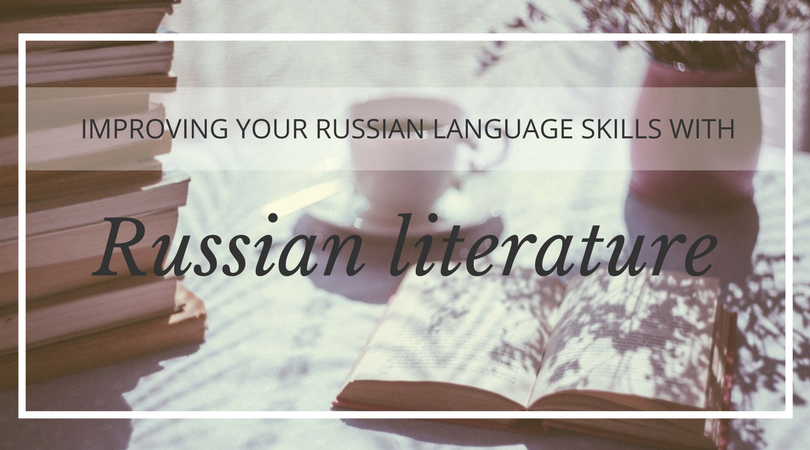
What could be a better way for Russian immersion than reading, especially when you read the books that you find interesting and that can give you a better idea of the culture of Russia? Co-founder of Liden & Denz, Walter Denz shares his experience on how reading Russian literature can improve your Russian language skills
For the most learners of Russian, to master Russian classics like Dostoyevsky, Tolstoy, Pushkin, Tchekhov, Turgenev, Bulgakov and other geniuses, seems truly daunting!
Russian children start reading classical literature at a pretty early stage in the primary school years. The merits of reading 19th century texts for a nine year old pupil might be limited in terms of his or her own life experience, but most teachers would agree that reading as a linguistic skill set positively influences writing expertise in style, vocabulary and grammar accuracy.
Adult students studying intensive Russian usually prioritise speaking over reading. Understandably they want to apply learnt patters and vocabulary immediately in the streets of St. Petersburg or Moscow. Reading is often kept to what is required by the study plan and just enough to become street-wise and operational.
More ambitious students will not stop there. Reading War and Peace is the goal, and while there are other classics that are more accessible and less voluminous (for example Turgenev), reading authentic Russian prose will not only enhance the skill sets mentioned above, but also empowers the reader to discover new worlds.
It is hard to recommend an exact level of language proficiency at which Russian prose will positively add to language skills and make reading an enjoyable experience. Frustration levels are highly individual and literary tastes do differ. As a rule of thumb, our academic management recommends B1/B1+ for more trivial reads (modern detectives) and B2/B2+ for classical or modern prose with more substance.
Personally I love Russian prose, both classic and modern. I always read with a pencil in hand, take notes of expressions or constructions I want to discuss with my Russian teacher during weekly private literature lessons.
For new words or expressions, I use the Google Translate app which (in the online version) offers synonyms and/or explanations in Russian. Those I copy over to my flashcard app. It makes little sense to record the meaning of an unknown expression in your native language. Synonyms are a far more efficient way to enhance your vocabulary.
And please: don’t look up all the words you don’t understand. Limit yourself to a) key expressions important to understand the action and b) words that appear again, again and again. As a bonus, look up words or expressions which just look cool!
Reading and being able to understand Russian prose continues to be an enriching experience. And the more your read, the easier it gets!
What is your own experience with Russian literature? Please share your thoughts!
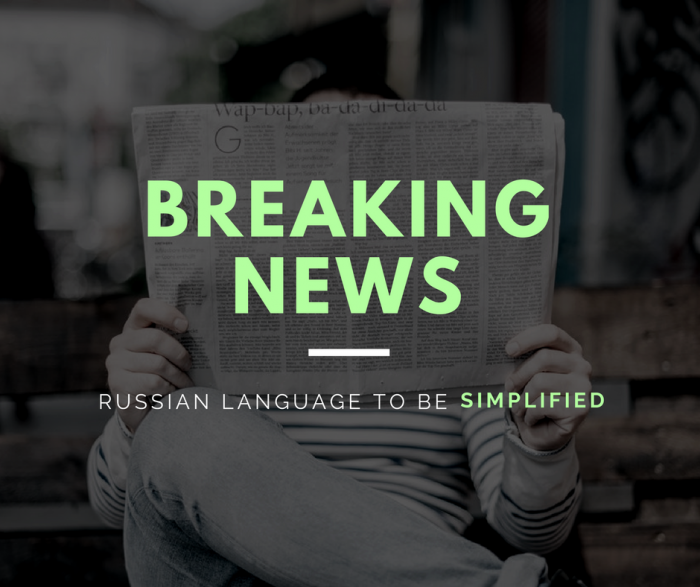
Students will be happy to learn that the Russian Government has today announced plans to make Russian language easier in an effort to simplify greater international engagement. …

In a previous post, we revealed that Russians don't really say “na zdarovje” when they toast. While the phrase has been popularised in English language media – and a lot of Russians will nod politely and clink glasses with you if you use it – it’s not something a native speaker would ever…
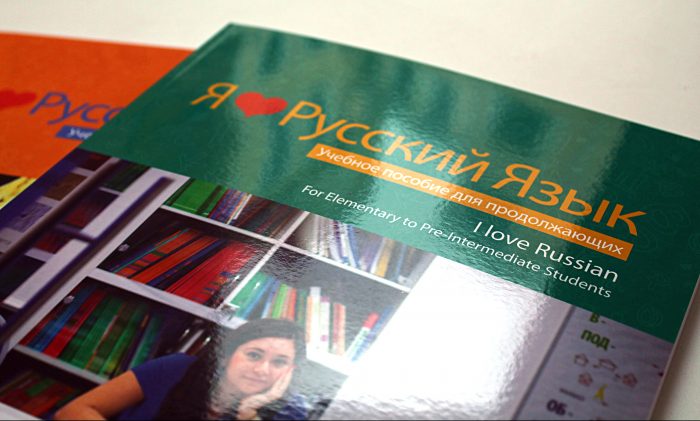
Improve your Russian while working as an expat? Mission possible! …
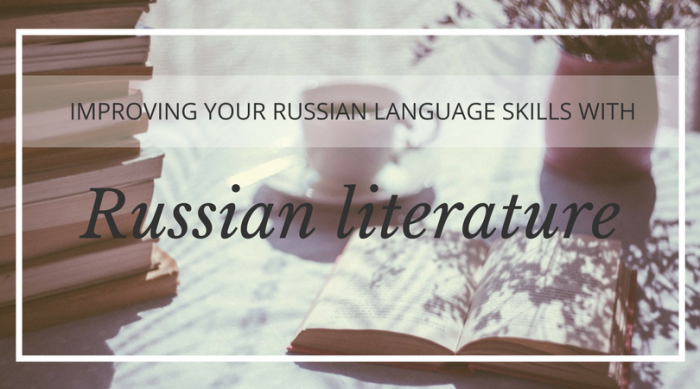
What could be a better way for Russian immersion than reading, especially when you read the books that you find interesting and that can give you a better idea of the culture of Russia? Co-founder of Liden & Denz, Walter Denz shares his experience on how reading Russian literature can improve your…
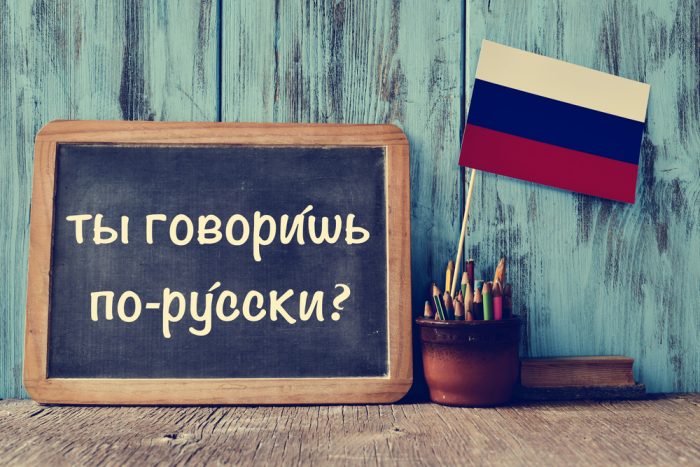
Learning a language is hard. Keeping it when you don't have classes is even harder. So this article is not about how to learn Russian, but how to maintain your Russian. …

Learning the Russian language can be a long, hard slog. Days, weeks, months spent poring over textbooks, attempting to understand the cases, crying over aspects, endeavouring to pronounce ы and щ. …

Many language learners desire to communicate well with native speakers of the language or those who speak it. I have always dreamt of talking more fluently and texting through social media with my Russian friends better. It is no exaggeration to say that good communication skill gives you an…
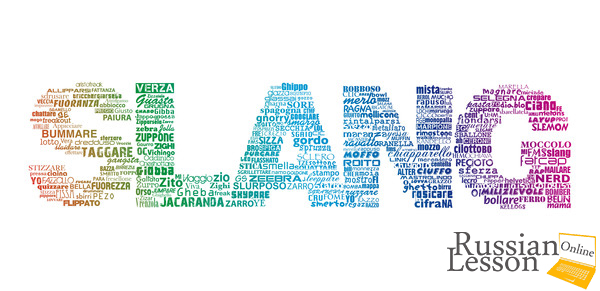
If you are already able to speak Russian, then congratulations! You are on a good way. But even if you are, let’s say, on level B2, you have probably been in situations with Russians, especially younger people, where you did not understand everything they said — either because they were speaking…